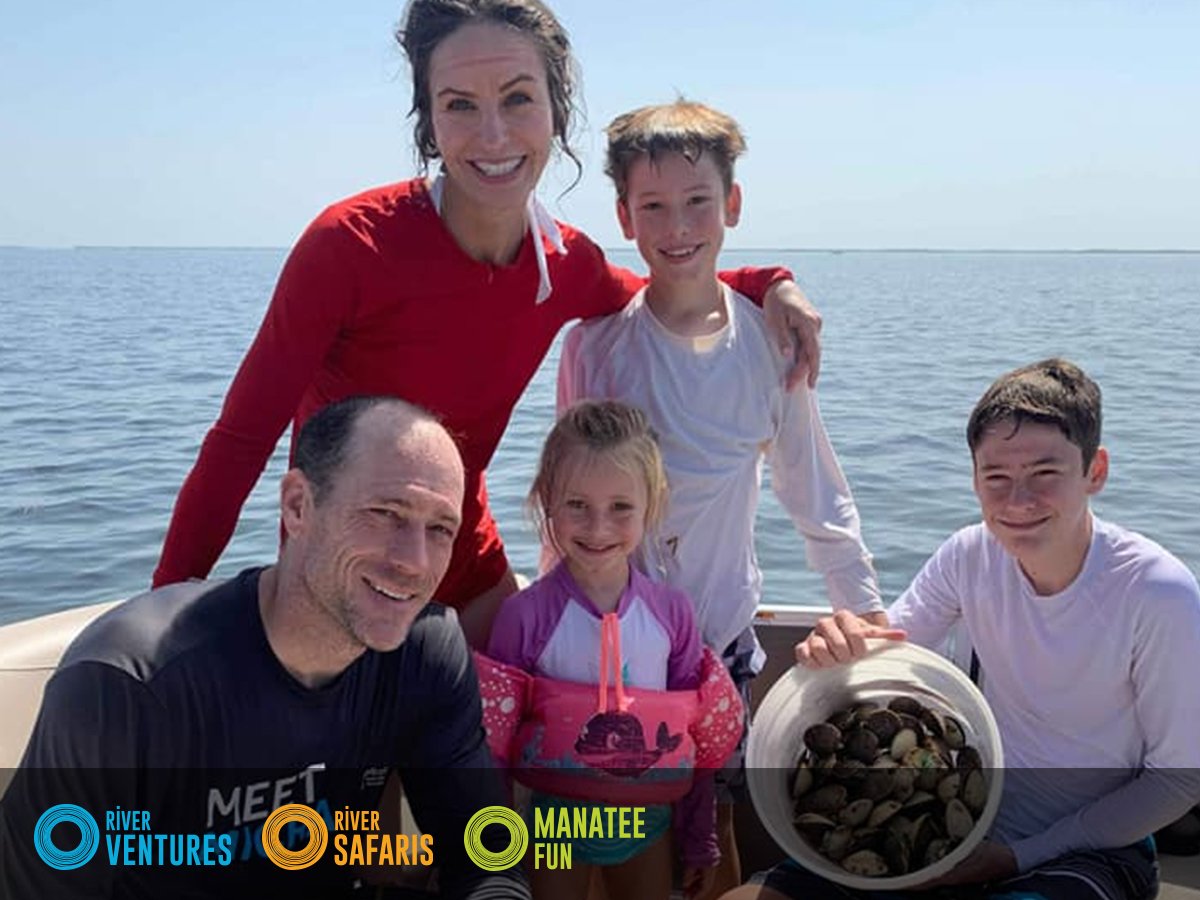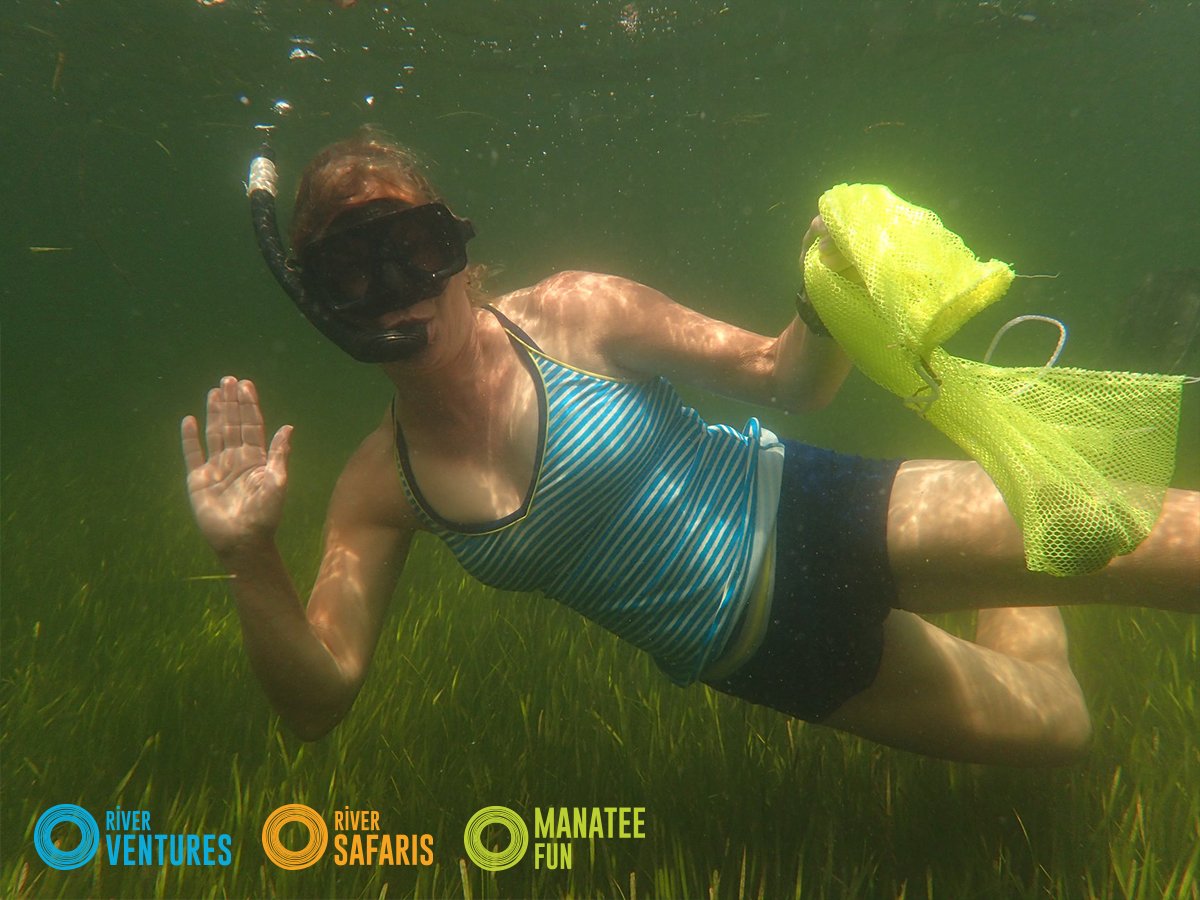“In Citrus County, the Scallop Season begins July 1st and lasts through September 24th. Each person may collect 2 gallons of whole bay scallops in shell or 1 pint of bay scallop meat”
As July approaches, anticipation builds among avid seafood lovers and outdoor enthusiasts for one of the most exhilarating events along the Gulf Coast of Florida: the opening day of scallop season. Homosassa and Crystal River, nestled in the heart of the Nature Coast, offer remarkable opportunities for scallop harvesting.
Season Dates and Regulations
Before you embark on your scalloping adventure, it's crucial to familiarize yourself with the specific dates and regulations governing the scallop season. In Citrus County, the season begins July 1st and lasts through September 24th. Each person may collect 2 gallons of whole bay scallops in shell or 1 pint of bay scallop meat or each vessel may collect a Maximum of 10 gallons of whole bay scallops in shell or 1/2 gallon bay scallop meat (1/2 gallon = 4 pints); whichever is less.
Required Permits and Equipment
To legally partake in scalloping, you will need a Florida recreational saltwater fishing license, which can be easily obtained online or from local bait and tackle shops. Additionally, it's essential to equip yourself with the right gear, including snorkeling equipment (mask, snorkel, and fins), mesh bags or scallop buckets, and a dive flag for safety.
Preparing for the Adventure
a. Research the Best Locations:
Familiarize yourself with the prime scalloping spots in Homosassa and Crystal River. Check with local shops when you stop for provisions and equipment for insider information or book a tour with a local guide and don’t worry at all! Check out www.riversafaris.com for tour availability!
b. Check Weather Conditions:
Keep an eye on the weather forecast before heading out. Ideal conditions for scalloping include calm waters, good visibility, and moderate temperatures. The weather can change fast in Florida during the summer, keep your eyes on your radar and the horizon.
c. Plan Your Trip:
Determine the duration of your trip, whether it's a day excursion or a weekend getaway. Consider accommodations, boat rentals, and other logistical arrangements well in advance, as these can become scarce during peak scalloping season.
4. Safety Precautions:
While scalloping is an enjoyable activity, it's essential to prioritize safety during your adventure. Follow these precautions to ensure a secure and memorable experience. Always go scalloping with a partner or in a group. This practice enhances safety and ensures that someone is readily available to assist if needed. Display a dive flag on your boat to signal to other boaters that there are divers in the water. Bring ample water, sunscreen, and protective clothing, such as hats and long-sleeved shirts, to shield yourself from the sun.
Once you're geared up and on the water, immerse yourself in the excitement of the hunt. Spotting the telltale fan-shaped shells amid the seagrass beds is a thrill in itself. Gently scoop them up and place them in your bag or bucket, being mindful not to exceed the daily bag limit set by the FWC. It's always advisable to leave some scallops behind for future generations to enjoy. Please do not discard scallop shells in inshore waters commonly used for recreational activities such as the Homosassa River or Crystal River. Piles of discarded scallop shells can create hazards for swimmers and damage seagrass habitat. Scallop shells can be discarded in a trash receptacle or in the saltwater where they were collected from. With the right preparations, adherence to regulations, and safety precautions, you can dive into the crystal-clear waters of the Nature Coast and create unforgettable memories. So, gather your friends and family, secure your permits, book your tours, and set sail for an extraordinary scalloping experience that will leave you yearning for more.


